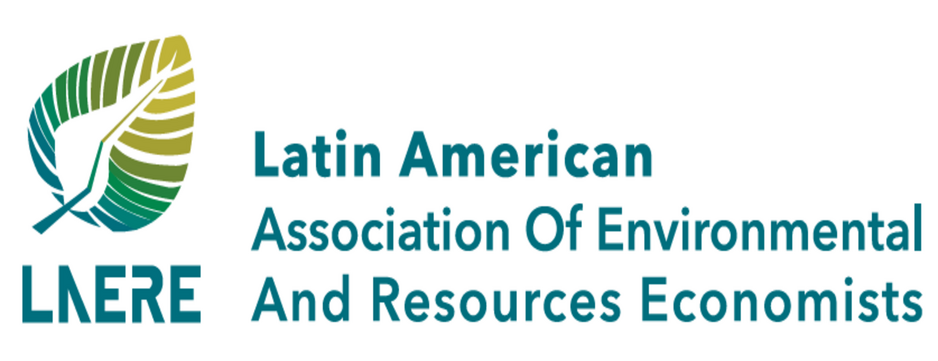The current LAERE Board of Directors is composed of 10 members.
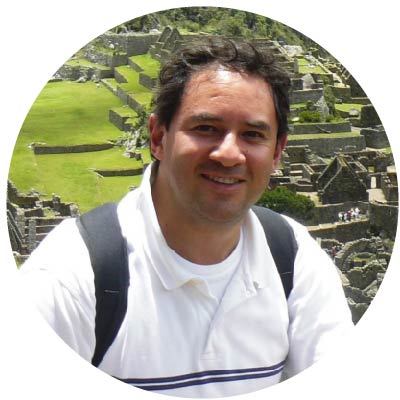

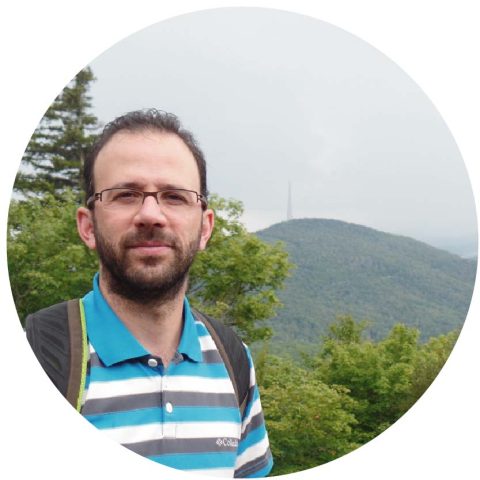
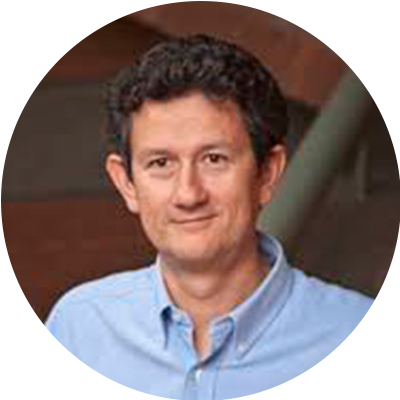
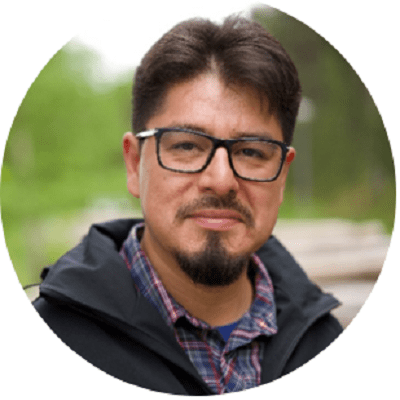

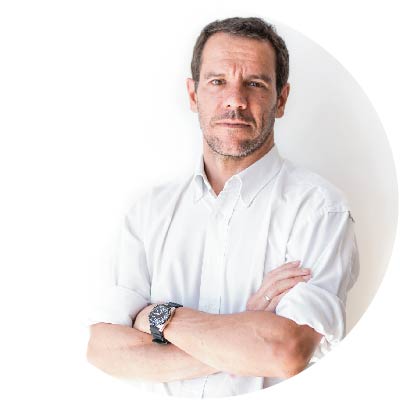
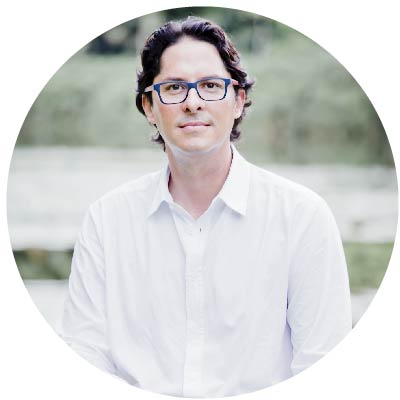
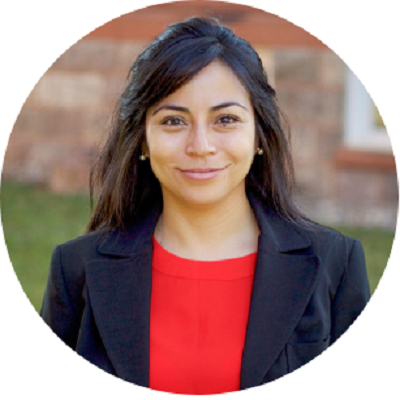

Board Members information
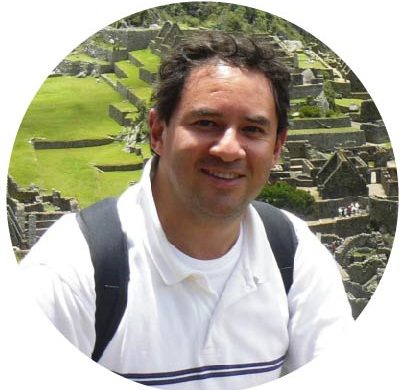
President
Jorge H. Maldonado
Jorge is full professor in the Department of Economics at Universidad de los Andes (Bogotá, Colombia). He was also director of the Latin America and Caribbean Environmental Economics Program (LACEEP). His main research interests are economics applied to environment, natural resources and development, in particular in the nexus with poverty and livelihoods. He has published in different journals such as Ecological Economics, American Journal of Agricultural Economics, World Development, Environment and Development Economics, among others. He teaches environmental economics, natural resource economics, and microeconomics at both undergrad and graduate level. Jorge is also the editor of the journal Desarrollo y Sociedad (https://revistas.uniandes.edu.co/index.php/dys).
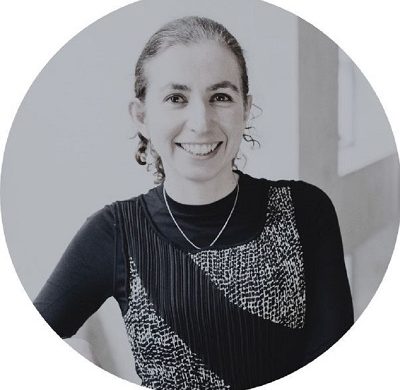
Elect President
Claudia Aravena
Claudia Aravena is an Associate Professor in the Department of Economics at Heriot-Watt University. She has a PhD in Environmental and Energy Economics from Queen’s University Belfast, UK; a certificate in Sustainable Development from University College Dublin and a MSc in Environmental and Resource Economics from Universidad de Concepcion-Chile, where she also got her BA in Economics, obtaining the University of Concepcion Award for the best student in Economics. She has previously been an adjunct lecturer and research fellow at the Department of Economics in Trinity College Dublin, the UCD Smurfit Business School, the Department of Engineering at University College Dublin (UCD) (Ireland) and the Department of Economics at Universidad de Concepcion. She was granted the Mäler Scholar 2016 in the Beijer Institute at the Royal Swedish Academy of Sciences.
Claudia has worked extensively with interdisciplinary groups, policy makers and stakeholders in the areas of energy, environmental and behavioural economics. Her expertise and research interests are in the fields of environmental valuation, energy efficiency, biodiversity, ecosystem services, hydrogen, smart grids, consumer behaviour, blue energy and renewables, energy and environmental policy and sustainable development. She is currently working in projects in both developed and developing countries. Her research has been recognized by the high impact in policy and teaching through obtaining the EfD Certificate of Excellence for Research Impact in policy 2023 and the HWU Pioneering in Education Award 2023. Her work has been published in several international journals including Energy Economics, Land Economics, The Energy Journal, Environmental and Resource Economics, Energy and Resource Economics, IEEE Power among others.
Claudia was part of the Scientific Committee of LACEEP the Latin American and Caribbean Environmental Economics Programme until 2017 and has contributed as referee and advisor to different research committees in Latin American, Europe and the UK.
LINK: https://reesefdcolombia.uniandes.edu.co/investigacion/investigadores/item/15-claudia-aravena
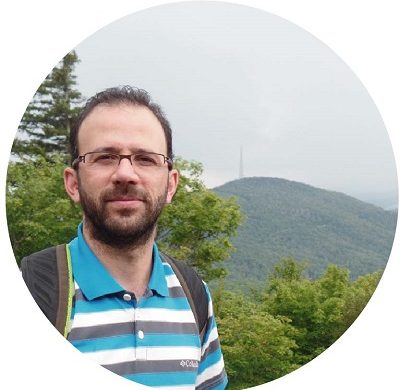
Past President
Alejandro López Feldman
Alejandro is Senior Researcher and Coordinator of Collaborative Research Programs at Environment for Development (EfD), University of Gothenburg. Before joining EfD, he was Full Professor at Centro de Investigación y Docencia Economicas (CIDE). He is currently Affiliated Professor at Universidad Iberoamericana in Mexico City. He has a Master (2003) and a PhD (2006) in Agricultural and Resource Economics from the University of California at Davis. Alejandro’s main research areas are Environment and Development Economics. In his research he has analyzed the role that agriculture and natural resources play in the well-being of rural households. He has also looked at the effect that migration and remittances have on rural household livelihoods and on their relationship with their natural surroundings. He is currently doing research on the impacts of climate change on rural households as well as on the relationship between various environmental indicators and health.
Alejandro’s research has been published in Proceedings of the National Academy of Sciences, World Development, Ecological Economics, Environment and Development Economics, Agricultural Economics, Environmental Science and Policy, and Environmental and Resource Economics, among others. He has served as consultant to CEPAL, IADB, UNDP, World Bank, WWF, and various Ministries and offices of the Mexican Federal Government. He is Associate Editor of Environment and Development Economics.
LINK: https://www.efdinitiative.org/about-efd/people/lopez-feldman-alejandro
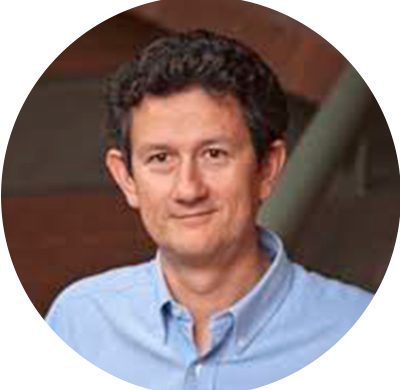
Secretary and Treasurer
Óscar Melo
Óscar Melo is an Associate Professor at the Department of Agricultural Economics, Pontificia Universidad Católica de Chile. He holds a PhD and MSc in Agriculture and Resource Economics from the University of Maryland, College Park. He was Director of the Department of Agricultural Economics at Universidad Católica, from 2008 to 2014. He is currently a member of the Center for Global Change and the Water Law and Management Center, both at Universidad Católica. His research interests are water and climate change economics, the water-energy-food nexus, product and service quality regulation, sustainable development in agricultural and natural resources, and trade.
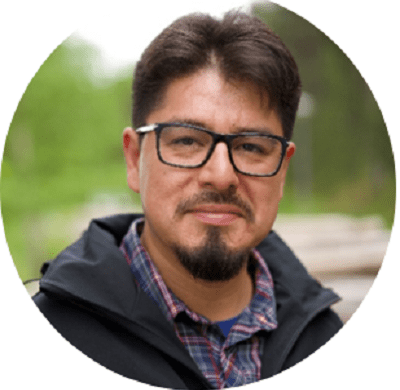
Board Member
Adán L. Martínez Cruz
Adán is Senior Lecturer at the Department of Forest Economics, Swedish University of Agricultural Sciences (SLU). Adan coordinates interdisciplinary, multi-country collaborations that result from exploring synergies among three leadership positions that he currently holds -Scientific Secretary of the Centre for Environmental and Resource Economics (CERE), which is a joint venture between the Swedish University of Agricultural Sciences (SLU) and University of Umea; Coordination for Global Development at Faculty of Forest Sciences, SLU; and Assistant Coordinator of the Forest Bioeconomy Network, an European Forest Institute network.
Adán is an empirical micro-economist conducting research that integrates perspectives across disciplines and topics. As such, his work reaches not only a general economist audience –through outlets such as Economics Letters- and field economists -via Ecological Economics; Environmental and Resource Economics; Journal of Environmental Economics and Management; Marine Resource Economics; Regional Science and Urban Economics; and Water Resources and Economics- but it also reaches wider academic and policy making audiences through journals such as Agricultural Water Management; Cities; Energy Policy; Environmental Science and Policy; Marine Policy; Ocean and Coastal Management; Transportation; and Urban Forestry and Urban Greening. He performs as academic reviewer across international disciplines and audiences as well.
Adán has carried out consultancy work for national and international institutions such as the Mexican National Institute of Ecology; the Office in Mexico of United Nations Development Program; the Office in Mexico of Food and Agriculture Organization; The Organization for Economic Cooperation and Development; the Inter-American Development Bank; and The World Bank.

Board Member
Danae Hernández Cortés
Danae Hernandez-Cortes is an Assistant Professor at the School of Sustainability and the School for the Future of Innovation in Society in Arizona State University. Her research studies the distributional consequences of environmental policy and environmental justice. Her work uses applied causal inference methods with remote sensing techniques and atmospheric transport models to analyze the environmental justice consequences of environmental policy. Before joining ASU, she obtained her Ph.D. in Economics with an emphasis on environmental science at the University of California, Santa Barbara.
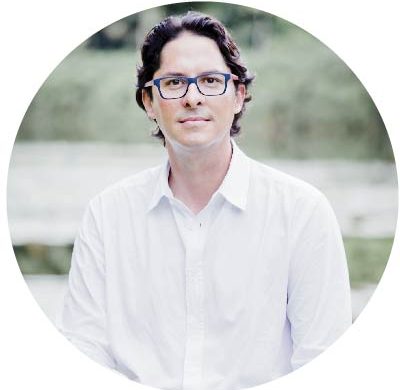
Board Member
Francisco Alpízar
Francisco Alpízar is a senior research fellow at the Economics and Environment for Development Research Program at the Tropical Agricultural Research and Higher Education Center (CATIE), a leading multilateral research institute based in Costa Rica. He is also Associate Professor of Economics at University of Gothenburg. In 2005, he founded and directed the Latin American and Caribbean Environmental Economics Program.
Alpizar’s work has explored incentive based approaches to generate improved private and public management and use of natural resource with a particular focus on climate change and developing countries. He has undertaken studies using behavioral, experimental and nonmarket valuation methods. Alpizar has also done work on payments for ecosystem services and the management of natural protected areas with an emphasis on interactions with local communities. His work appears in a number of journals including: Journal of Public Economics, Journal of Economic Behavior and Organization, Environmental and Resource Economics, Ecological Economics, and World Development. Alpizar is currently an international advisor to the Center for Collective Action Research, at University of Gothenburg, and has been Associate Editor of World Development and Guest Editor at Environmental and Development Economics. He has served as a consultant to the Global Environmental Fund, Inter-American Development Bank, IUCN, Nature Conservancy, United Nations Development Program, World Bank, and the World Wildlife Federation, among others.
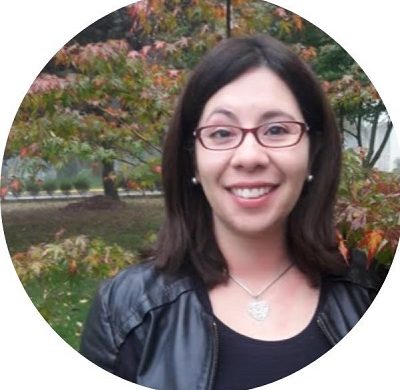
Board Member
Marcela Jaime Torres
Marcela Jaime Torres is an associate professor in the School of Management and Business (Escuela de Administración y Negocios (EAN)) at the University of Concepcion. She obtained her Ph.D. in Economics from the University of Gothenburg, Sweden. Her research is focused on behavioral aspects of natural resource management, particularly, on water and energy conservation, and waste management. She has also conducted empirical studies on urban air pollution due to burning of wood, and on the behavior of small producers in the agriculture and aquaculture sectors. She also has research interests in problems associated with social capital and subjective well-being, and on the effects of the interaction between environmental policies, and individuals’ responses to both monetary and non-monetary incentives. She has written on the impact of climatic events on crop allocation, and the interaction between technology adoption and agriculture insurance. At present, she is the director of NENRE EfD-Chile, a centre affiliated to Environment for Development Initiative (EfD), and the co-leader of Sustainable Energy Transitions Initiative (SETI), jointly with Marc Jeuland (Duke University). She participates in Sustainable Consumption and Production Initiative (SCOPE), and Women in Environmental Economics for Development (WinEED). Furthermore, she has served as an economist consultant for the Subsecretary of Fisheries and Aquaculture (SUBPESCA) and the Ministry of the Environment of the Government of Chile.
LINK: https://www.efdinitiative.org/about-efd/people/jaime-torres-marcela
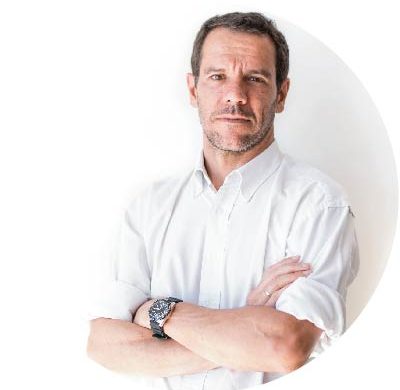
Board Member
Marcelo Caffera
Marcelo Caffera holds a Ph.D. in Natural Resource Economics from the University of Massachusetts at Amherst (2004). He works at the University of Montevideo, Uruguay. There, he divides his time between research, teaching and coordinating the undergraduate program in economics. Marcelo published his work in journals such as Journal of Environmental Economics and Management, Environmental and Resource Economics, Environmental Health Perspectives, The B.E. Journal of Economic Analysis and Policy, Environment and Development Economics and Mathematical Social Sciences. As a consultant, Marcelo worked for the World Bank, Inter-American Development Bank and the International Development Research Center in Canada, as well as private firms.
During 2021 and 2022, Marcelo advised the Minister of Economy and Finance of Uruguay on climate and environmental economics issues.
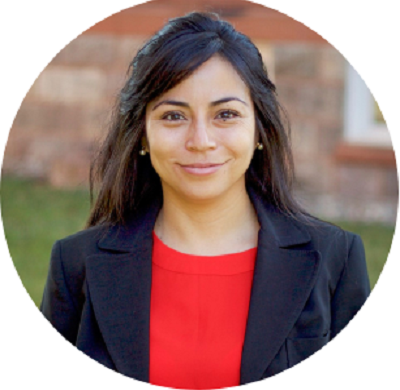
Board Member
Nathaly Rivera
Nathaly Rivera is an Assistant Professor in the Department of Economics at the University of Chile. She obtained her Ph.D. in Agricultural, Food, and Resource Economics from Michigan State University, and a M.Sc. in Regional Economics from Universidad Católica del Norte, Chile. Nathaly’s interests are environmental and resource economics, particularly the economics of extractive industries, co-benefits of renewable energy, and the determinants and consequences of air pollution exposure. Her current research agenda explores various topics ranging from the economics of extractive industries to the study of market capitalizations of environmental (dis)amenities, including environmental policy evaluation.
